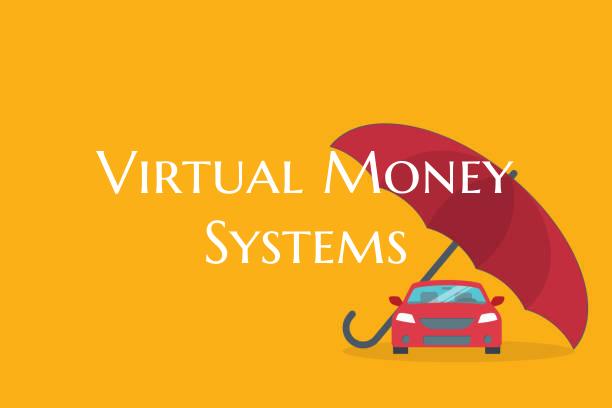Virtual Money Systems
In today's digital era, virtual money systems have transformed the way we perceive and engage with currency. Virtual money systems, also known as digital or electronic currencies, are mediums of exchange that exist solely in electronic form and lack a physical counterpart. These systems provide a convenient and efficient way to conduct financial transactions, both locally and globally, without the need for traditional banking infrastructure.
One of the most well-known virtual money systems is cryptocurrency, with Bitcoin being the pioneer in this domain. Cryptocurrencies operate on blockchain technology, a decentralized and secure ledger system that ensures transparency and immutability of transactions. Bitcoin and other cryptocurrencies have gained popularity due to their potential for anonymity, security, and low transaction fees.
Apart from cryptocurrencies, virtual money systems also include digital payment platforms such as PayPal, Venmo, and Apple Pay. These platforms facilitate the transfer of funds between individuals, businesses, and organizations with just a few clicks on a smartphone or computer. The ease of use and accessibility of these platforms have revolutionized online shopping, peer-to-peer payments, and the gig economy.
Furthermore, virtual money systems have the potential to promote financial inclusion by providing access to banking services for the unbanked populations around the world. Individuals without access to traditional banking infrastructure can now store, send, and receive money through virtual money systems, opening up opportunities for economic empowerment and growth.
However, virtual money systems also pose challenges such as security risks, regulatory concerns, and potential for illicit activities such as money laundering and fraud. Regulatory bodies are working towards establishing frameworks to govern the use of virtual money systems and ensure consumer protection and financial stability.
In conclusion, virtual money systems offer a glimpse into the future of finance, where digital currencies and electronic payment platforms redefine the way we transact and interact with money. As technology continues to advance, virtual money systems will play an increasingly significant role in the global economy, shaping the way we manage and exchange value in the digital age.
